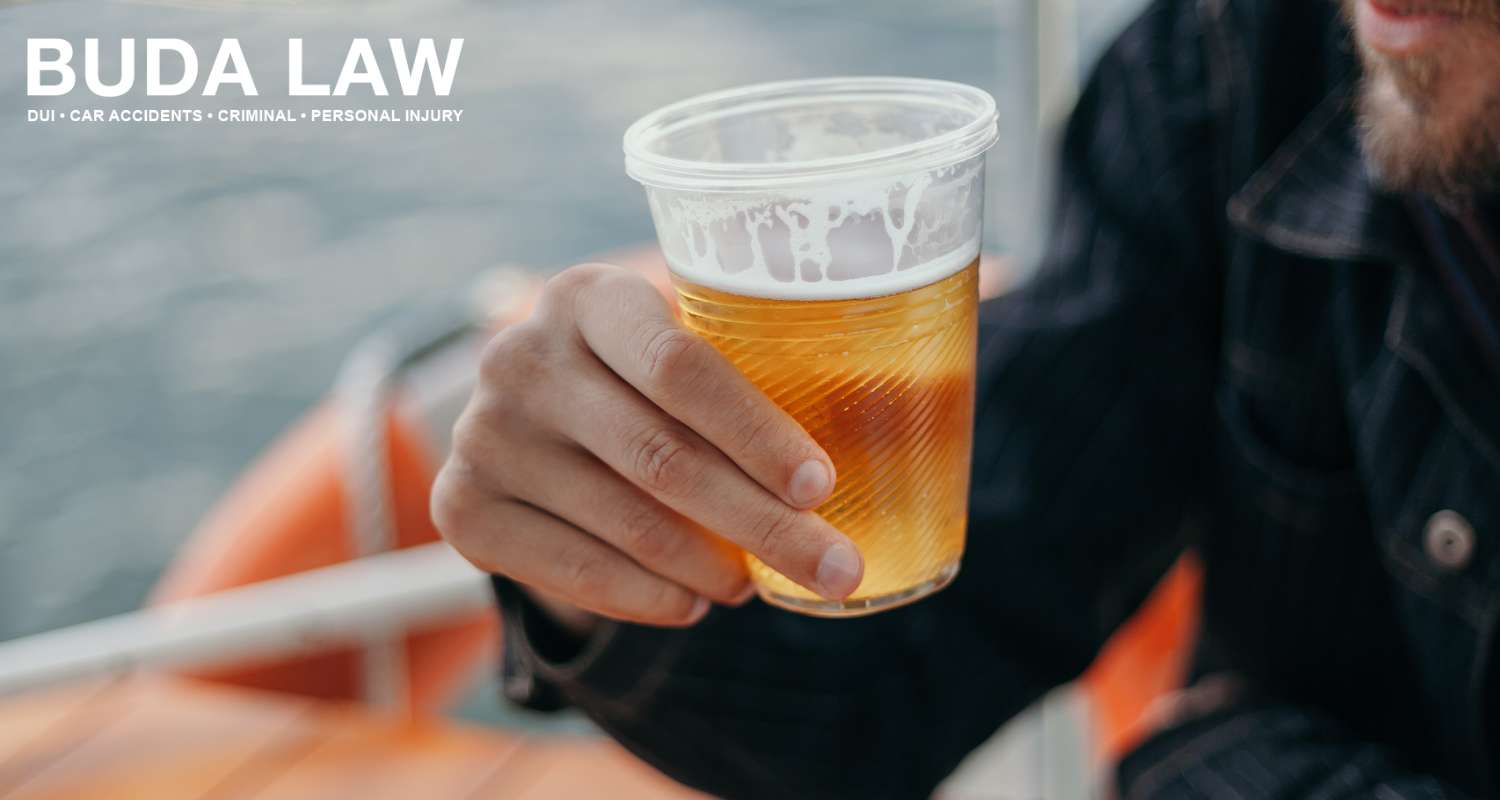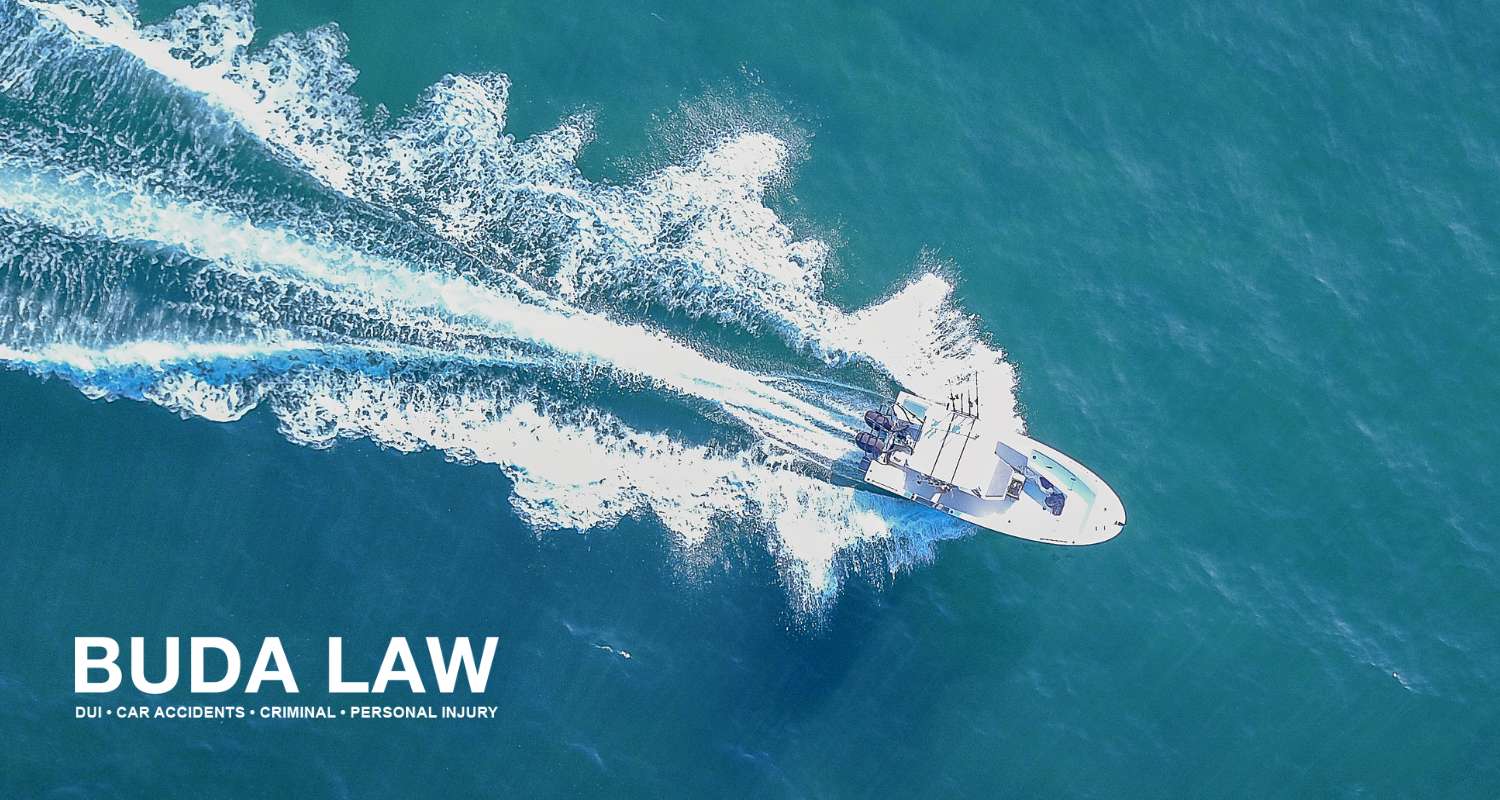Boating in and around Tampa Bay is a popular pastime for both residents and visitors, with many people bringing alcoholic beverages out on the water with them. While it’s legal for people over 21 to consume alcohol on a boat, it’s illegal for anyone to operate the vessel while drinking, intoxicated, or otherwise impaired.
But where does Florida law draw the line? At what breath alcohol level would a boater be considered under the influence in Florida? The legal limit for boaters over the age of 21 is a breath alcohol level of 0.08%, but there are additional penalties for those under the age of 21, those with higher BAC levels, and those with a prior BUI conviction. Below, we’ll go into the different laws and penalties surrounding BUIs in Florida, as well as what you should do if you are accused of boating under the influence.
If you’ve been charged with a BUI in Tampa, you need a skilled legal professional to help defend you, your rights, and your freedom. Luckily, Tampa BUI attorney Andrew Buda is here to help. He’ll review the unique circumstances of your case, build a strong defense, and argue on your behalf to ensure you receive the best possible outcome in your case.
Call (813) 322-2832 or reach out online today to schedule a free consultation with us regarding your BUI case.

What is a BUI?
“BUI” stands for “Boating Under the Influence,” which refers to the act of operating a vessel—such as a boat, jet ski, or other watercraft—while under the influence of alcohol or drugs. Just like driving under the influence, Florida law prohibits people from boating under the influence of alcohol or drugs to ensure the safety of people out on the water.
Since a large number of recreational boating fatalities involve alcohol, BUI laws are enforced to ensure the safety of individuals on the water and to prevent accidents and injuries caused by impaired boating.
Florida Statute 327.35
Boating under the influence is outlawed under Florida Statute § 327.35. Florida law states that someone can be charged with boating under the influence if they have a blood alcohol concentration of 0.08% or higher.
Once someone is caught operating a boat with a blood-alcohol level or breath-alcohol level over the legal limit, it’s presumed that they are intoxicated to the point where his or her normal abilities are impaired. Additionally, if they are under the influence of a controlled substance to the point where the person’s normal facilities are impaired, they can be charged with a BUI.
Breath Alcohol Level vs. Blood Alcohol Concentration
Breath alcohol level and blood alcohol level both measure the concentration of alcohol in the body, but they measure it in different ways. Breath alcohol level is determined by analyzing the amount of alcohol in a person’s breath using a breathalyzer device. Blood alcohol level, on the other hand, is measured directly by analyzing a blood sample.
While both tests measure the same thing, a blood test is often more accurate than a breath test, providing a more precise determination of alcohol concentration in the bloodstream. Additionally, a breath test will usually have a lower reading than a blood alcohol test, since it only provides an approximation of blood alcohol concentration.

Blood Alcohol Concentration for BUI in Florida
The blood alcohol concentration (BAC) for BUI in Florida varies depending on the age of the person operating the boat. Individuals over the age of 21 have a higher limit than those under the age of 21.
21 and Older BUI
The legal limit for boat operators over the age of 21 is a BAC of 0.08%. If the person’s BAC is over 0.05% but under 0.08% at the time of the test, the officer may use other evidence, like a field sobriety test, to determine whether or not that person’s facilities were impaired at the time of operation.
Under 21 BUI
Florida’s no-tolerance policy for underage drinking and driving extends to underage boaters. Florida Statute § 327.355 states that a person can be charged with a BUI if they are under the age of 21 and have a blood alcohol content of 0.02% or more.
Do I Have to Submit to BUI Testing if a Law Enforcement Officer Asks?
Yes, in Florida, boaters are required to submit to BUI testing if requested by a law enforcement officer. If an officer suspects a boater of violating boating safety equipment requirements, they may conduct a stop and, if they suspect BUI, can request the operator submit to a breath test. Refusal to comply with BUI testing, such as breathalyzer or blood tests, can result in different penalties, depending on the operator’s age.
If you are over the age of 21 and you refuse a breath test, you can be subjected to a $500 fine. If you are under the age of 21 and you refuse a breath test, you can be subjected to 50 hours of public service and have your boating license suspended until the public service is performed.
What’s more, even if you refuse the test, you can still be arrested under suspicion of BUI if law enforcement officers have probable cause to believe you are intoxicated. This allows them to enforce boating safety laws and prevent boating accidents, even if the boat operator fails to cooperate.

Boating Under the Influence Florida Penalties
Depending on the circumstances surrounding a boater’s arrest, they could face a variety of civil and criminal penalties. Below are Florida’s BUI penalties for those over the age of 21:
- First Conviction – Up to 6 months in prison, between $500 and $1,000 in fines, or both.
- Second Conviction – Up to 9 months in prison, between $1,000 and $2,000 in fines, or both.
- Third Conviction After 10 Years – Up to 12 months in prison, between $2,000 and $5,000 in fines, or both.
- Third Conviction Within 10 Years – Up to 5 years in prison, up to $5,000 in fines, or both.
- Fourth and Subsequent Convictions – Up to 5 years in prison, up to $5,000 in fines, or both.
Being convicted of a third BUI within 10 years of your last conviction, or being convicted of four or more BUIs in your lifetime, can result in a third-degree felony charge. Additionally, the court may require you to complete community service, ask you to participate in a substance abuse course, and impound your vessel for a period of time, depending on your number of prior convictions.
Those under the age of 21 who are caught boating with a BAC of over 0.02 and under 0.08 will receive a noncriminal infraction, rather than a criminal charge. If “convicted,” they may be subject to 50 hours of community service and may have their boating privileges revoked until they complete their service. Additionally, they may be asked to participate in a boating safety course. If they are caught operating a vessel with a BAC of over 0.08, they may be tried as an adult and face criminal punishment.
Penalties for Aggravated BUIs in Florida
You could face more severe BUI penalties if you:
- Have a BAC of over 0.15%;
- Cause property damage;
- Commit a misdemeanor;
- Cause serious injury to another person; or
- Commit BUI manslaughter while operating the vessel.

The Importance of Legal Representation for Florida BUI Charges
BUI charges can have a significant impact on many aspects of your life, affecting your freedom, your reputation, and your boating privileges. Having strong legal representation from an experienced Tampa criminal lawyer can help ensure you receive the best possible outcome in your case. Your attorney will be able to help you navigate the legal process, challenge evidence, and advocate for your rights.
If you have been accused of boating under the influence of drugs or alcohol, Tampa criminal defense attorney Andrew Buda can help fight these charges and secure a favorable outcome. Attorney Buda has years of experience as both a defense attorney and a prosecutor, giving him a unique advantage in criminal defense cases.
He and his team are dedicated to protecting the rights of those accused of crimes and are prepared to fiercely advocate on their behalf both in and out of the courtroom. From challenging evidence and negotiating with prosecutors to advocating for clients in court, Andrew Buda is dedicated to protecting the rights and interests of individuals facing BUI allegations.
Defending Against BUI Charges
There are a number of common strategies that Florida defense attorneys use to defend against BUI charges. Some common defenses include:
- Lack of probable cause to perform an arrest
- Improper administration of chemical or field sobriety tests
- The rising blood alcohol defense
- Medical conditions, medications, or other external factors affected tests
- Violation of constitutional rights
- Lack of evidence
One of the most important aspects of any criminal case is the skill and experience of the criminal defense attorney involved in it. If you have been charged with a BUI in Tampa, trust Attorney Andrew Buda to handle your case with the care and dedication it deserves.
Whether this is your first BUI charge or you have a history of prior convictions, the skilled attorneys at Buda Law will investigate the circumstances surrounding your arrest and develop a personalized defense strategy to fight the state’s allegations.

Call Tampa Criminal Defense Attorney Andrew Buda Today for a Free Consultation Regarding Your BUI Case
If you are facing charges of boating under the influence, don’t face the legal system alone. Tampa criminal defense attorney Andrew Buda is here to provide you with the knowledgeable and dedicated representation you need to protect your rights and future.
At Buda Law, we believe in providing personalized attention to every client. When you choose us to represent you, you’ll receive compassionate and comprehensive legal guidance tailored to your specific circumstances. Whether you’re facing your first BUI offense or dealing with more serious allegations, Andrew Buda will work tirelessly to build a strong defense strategy on your behalf.
Call 813-322-2832 or contact us through our website to schedule a free consultation with a member of our team regarding your case today.
